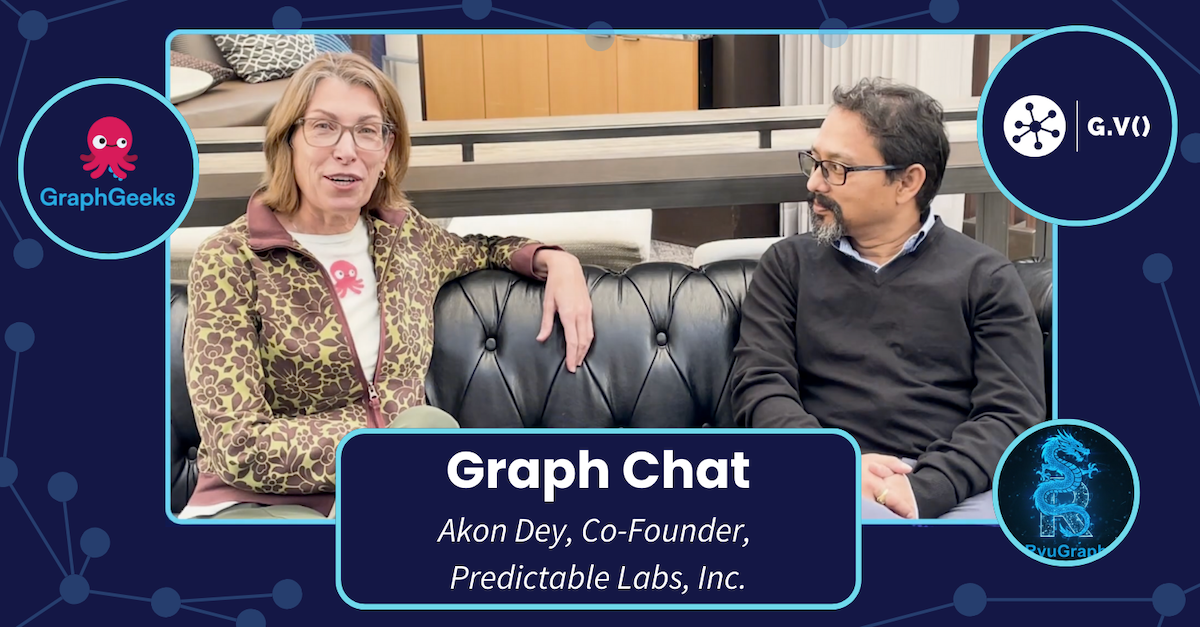The Weekly Edge: Public Endpoints in Neptune, Agentic GraphRAG, New Graph Algo [5 September 2025]
![The Weekly Edge: Public Endpoints in Neptune, Agentic GraphRAG, New Graph Algo [5 September 2025] The Weekly Edge: Public Endpoints in Neptune, Agentic GraphRAG, New Graph Algo [5 September 2025]](https://gdotv.com/wp-content/uploads/2025/09/amazon-neptune-public-endpoints-neo4j-mcp-weekly-edge-5-September-2025.jpg)
It’s Friday and you know what that means: Another edition of the Weekly Edge!
This weekly tl;dr is like your personalized mixtape of graph tech news, reads, releases, and must-watches, brought to you by the team at gdotv.
Last week’s edition featured a lot of long reads, so this week I’m changing it up and giving you a mix of two short pieces, two long pieces, and a few miscellany:
- Hot: Public endpoints in Amazon Neptune(!)
- Short watch: Apache TinkerPop 3.7.4 release
- Short read: The Data Integration Problem with Tony Seale
- Long watch: Agentic Workflows for GraphRAG with Amy Hodler
- Long read: Evaluating Graph Retrieval in Neo4j with MCP Agentic Systems by Tomaž Bratanič
- Misc: New SSSP graph algorithm for graph analytics
Now for the details:
Short Watch: Apache TinkerPop 3.7.4 Post-Release Review
The latest edition of the Apache TinkerPop™ Contributorcast walks you through what’s new in the 3.7.4 Tinkerpop release including bug fixes, performance improvements, big changes, and other new features of the TinkerPop graph computing framework and the Gremlin graph query language. Contributor Cole Greer takes the spotlight to share his ideas, successes, and reflections on this particular release with a glimpse at what’s on the horizon for TinkerPop 3.8.
If you’re a Gremlin – or just a Gremlin user – this video keeps you on the edge of what’s next for this graph traversal language.
Short Read: The Data Integration Problem
If you’ve worked in tech for more than five minutes, you already know one secret not everyone in the industry wants to admit to: throwing more tech at the wrong kind of problem will usually just make it worse. In this week’s short read, Tony Seale – the Knowledge Graph Guy – taps into this harsh truth as it applies to knowledge graphs and data integration.
Seale says teams who hope to build AI agents need to face the real-life complexity of distributed data integration head on using clear semantics, ontologies, and of course, a graph of connected data. If you’re not focused on solving these challenges today, posits Seale, then you’re just postponing the problem for later (when it’s likely more challenging).
Release Notes: Amazon Neptune Engine v1.4.6.0
I’ll be honest: on the surface, this is a hard one to spice up. With the release of version 1.4.6.0, Amazon Neptune Engine allows you to connect to Neptune using public endpoints. It will massively help developers, especially first time users, to quickly get started.
Prior to this release, Amazon Neptune clusters were typically deployed within your VPC and could only be accessed from within that VPC. This requires configuring applications and development environments within the VPC or using proxy services to connect to the VPC, which my colleague Amber Lennox detailed in this comprehensive developer walkthrough on creating and connecting to your first Amazon Neptune cluster. (RIP all that hard work 😢.)
But now, public endpoints simplify this experience by allowing direct connections to Neptune over the internet, making it easier for you to get started with graph databases without specialized networking knowledge.
Long Read: Evaluating Graph Retrieval in MCP Agentic Systems
When he’s not busy co-writing the book on GraphRAG, my old colleague Tomaž Bratanič writes stellar in-depth articles on Neo4j, GraphRAG, Model Context Protocol (MCP), and agentic AI systems. (In fact, this is only one of two that he’s published this week!)
In this week’s long read, Tomaž takes you through the process of building a framework for measuring retrieval quality in MCP agents. It’s full of thorough explanations, snappy architecture diagrams, sample datasets, and the benchmarking data to prove he’s got the receipts. Have a read and up your GraphRAG game.
Long Watch: Agentic Workflows for GraphRAG with Will Lyon & Amy Hodler
Not to quote Mugatu too often, but that agentic AI is so hot right now. In this Hypermode Live session, my former colleagues William Lyon at Hypermode (stewards of Dgraph) and Amy Hodler at GraphGeeks explore how agentic AI systems can enhance graph-based retrieval-augmented generation (GraphRAG).
They discuss how autonomous agents can intelligently navigate knowledge graphs, orchestrate complex retrieval patterns, and dynamically adapt their search strategies based on query context. These graph veterans know what they’re talking about, and they know how to explain it in a clear and understandable way. Worth the hour-long watch.
ICYMI: New Graph Algorithm for Finding Single-Source Shortest Paths (SSSP)
/* Okay, look, not every cool graph tech resource I run across is going to be from the last seven days, but that doesn’t mean they’re not worth sharing. In this and future editions of the Weekly Edge, an “in case you missed it” (ICYMI) item might feature from time to time to showcase great graph resources from further back in the timeline. */
Move over Dijkstra, there’s a new graph algorithm in town. The OG of algorithms for finding the shortest path through a directed graph, Dijkstra’s algorithm has just been dethroned. A group of researchers from Tsinghua University, Stanford University, and the Max Planck Institute for Informatics have recently published a new graph algorithm for finding single-source shortest paths (SSSP).
This is pretty heady graph theory stuff until you boil it down to this: there’s a faster method for finding the shortest path through your graph data. That’s huge for graph analytics, graph visualization, and more. This article from Quanta Magazine breaks down how the new algorithm works and the behind-the-scenes story of how it was discovered.
That’s it for this week’s edition. Got something you want to nominate for inclusion in a future edition of the Weekly Edge? Ping us on on X | Bluesky | LinkedIn or email weeklyedge@gdotv.com.
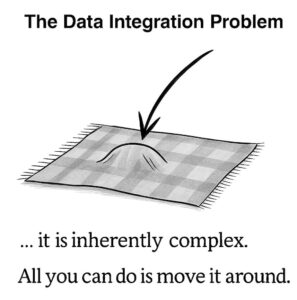
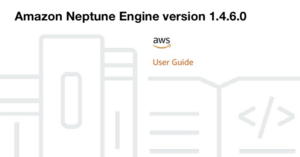
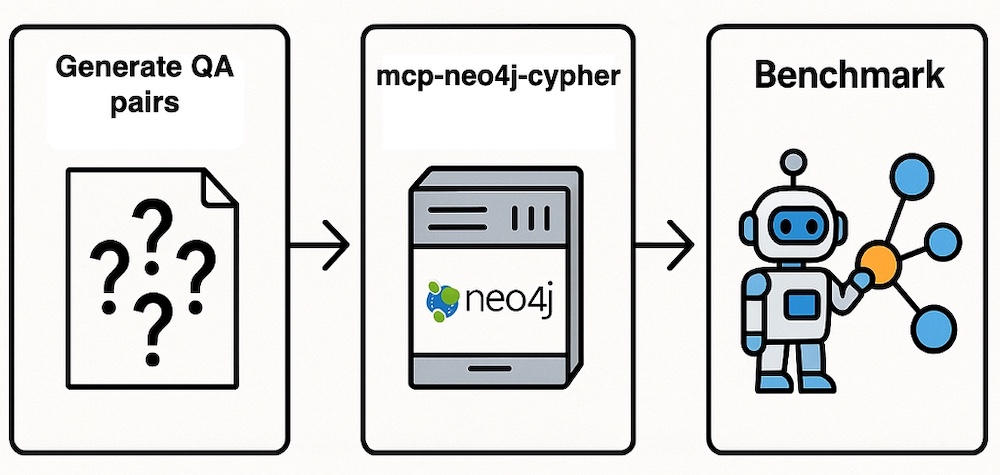
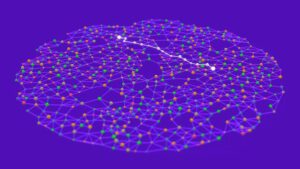
![The Weekly Edge: Hydra Goes Translingual, Graph Data Science for Rust, Knowledge Graph Mother Lode, & More [23 January 2026] The Weekly Edge: Hydra Goes Translingual, Graph Data Science for Rust, Knowledge Graph Mother Lode, & More [23 January 2026]](https://gdotv.com/wp-content/uploads/2026/01/knowledge-graphs-cosmos-db-hydra-graph-programming-language-weekly-edge-23-january-2026.png)
![Announcing Ontology Support, Improved Data Model Visualization, Entra ID auth Support & More [v3.51.108 Release Notes] Announcing Ontology Support, Improved Data Model Visualization, Entra ID auth Support & More [v3.51.108 Release Notes]](https://gdotv.com/wp-content/uploads/2026/01/apache-age-entraid-auth-support-ontology-data-model-viz-gdotv-release.png)
